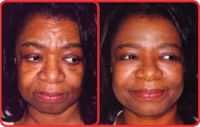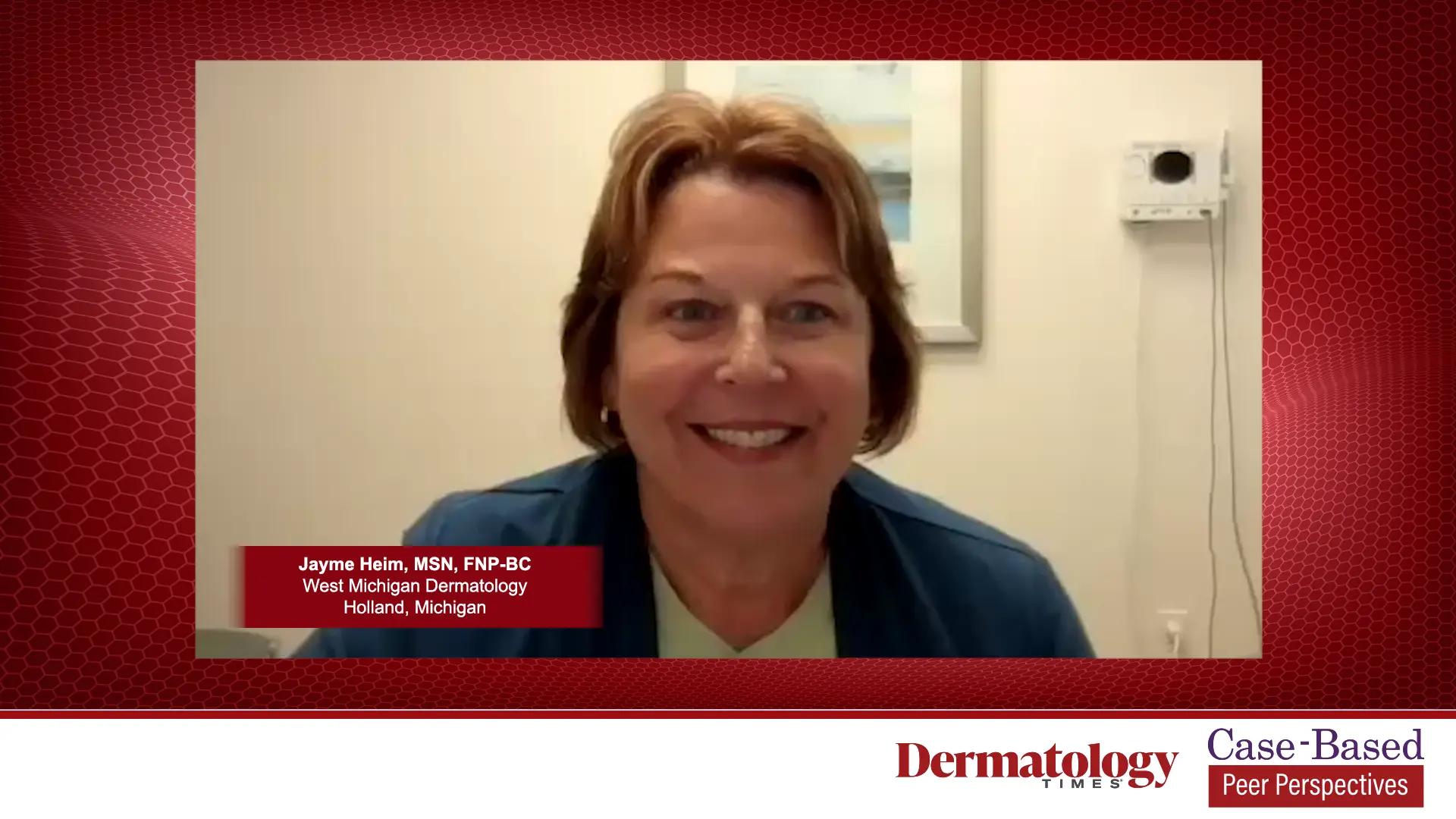- General Dermatology
- Eczema
- Chronic Hand Eczema
- Alopecia
- Aesthetics
- Vitiligo
- COVID-19
- Actinic Keratosis
- Precision Medicine and Biologics
- Rare Disease
- Wound Care
- Rosacea
- Psoriasis
- Psoriatic Arthritis
- Atopic Dermatitis
- Melasma
- NP and PA
- Skin Cancer
- Hidradenitis Suppurativa
- Drug Watch
- Pigmentary Disorders
- Acne
- Pediatric Dermatology
- Practice Management
- Prurigo Nodularis
Article
Optimize outcomes in patients with skin of color by tailoring therapies
Author(s):
When treating patients with skin of color, dermatologists face a number of challenges, and they must choose products and therapies carefully. Diagnosis is the first challenge; common dermatological conditions may have a slightly different appearance in skin of color, depending on the hue of a patient's skin, says Charles Crutchfield III, M.D.

Key Points
National report - When treating patients with skin of color, dermatologists face a number of challenges, and they must choose products and therapies carefully.

"If you're used to something looking pink or red and then you see it in brown skin, it looks completely different," says Dr. Crutchfield, clinical professor of dermatology, University of Minnesota Medical School, Minneapolis/St. Paul, and medical director of Crutchfield Dermatology, Eagan, Minn.

Weighing options
To help prevent postinflammatory hyperpigmentation, it's important to choose the right skincare products, says Zoe Draelos, M.D. Preparations that are recommended in white patients may not be suitable for patients with skin of color.
"The most important concern that's different from Caucasian skin is that you have to be sure that the products that you recommend, whether they're prescription or over-the-counter ... cause absolutely no irritation of the skin at all," says Dr. Draelos, consulting professor of dermatology, Duke University School of Medicine, Durham, N.C., who is also in private practice in High Point, N.C.
For example, Dr. Draelos says, over-the-counter acne products containing benzoyl peroxide can be irritating in Asian, Latino and African-American patients and ultimately darken the skin. In addition, exfoliants containing glycolic acid or scrubs containing granules or beads also can irritate the skin, resulting in postinflammatory hyperpigmentation, she says.





